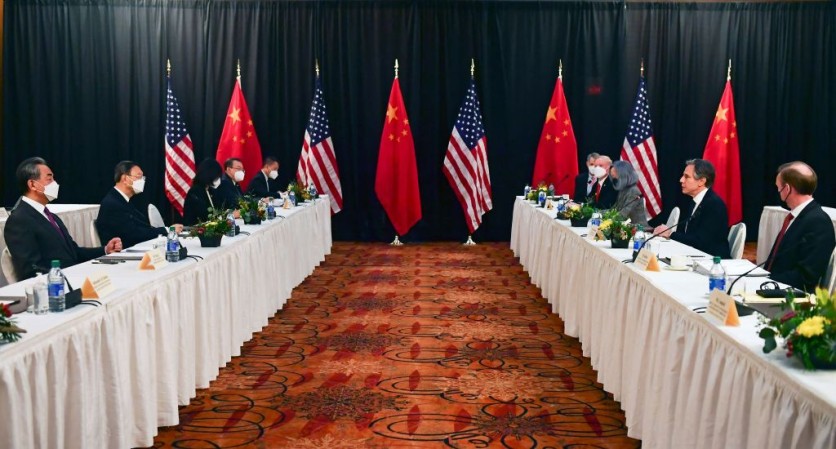After DuPont de Nemours Inc. hurried its planned acquisition of Rogers Corp. because of an antitrust review, the takeover targets that await approval from Chinese regulators have slowed down, as reported by Bloomberg.

DuPont called off its $5.2 billion deal with Rogers and said that they were "unable to get timely clearance" from the necessary regulators. Previously, they identified China's State Administration for Market Regulation (SAMR) as the last challenge.
A Surprise... Or Not?
DuPont's decision came as a surprise to some merger arbitrage specialists. According to them, the company could have extended the deadline. Traders who bet on the transaction closing got burned by the 46 percent drop of Rogers.
It is not unusual for merger reviews of foreign companies to drag on in China. In fact, in 2018, Qualcomm Inc., which is based in the US scrapped a $44 billion bid for NXP Semiconductors NV following SAMR's failure to approve the megadeal.
Now, with the tensions between the US and China, they seem to be adding more fuel to the fire. Concerns rise as countries vie for preeminence in key technology sectors.
The proposed purchase of DuPont amid takeovers, valued Rogers at a steep premium.
Also Read: US-China Tech War: ASML, Lam Research Pulls American Engineers From China Amid New Chip Restrictions
The Role of US-China Tensions
China continues to be a great place for foreign companies to do business. However, officials in the country seem to be putting barriers for potential M&A deals in order to protect the country's own companies.
Meanwhile, there is a lot of uncertainty in the air as many merger deals are in limbo. This is due to the ongoing US-China trade tensions, which have the potential to spill over into dealmaking. This can keep Chinese officials from approving deals.
The US-China trade tensions are said to be the main issue, with the two nations sparring over technological espionage and restrictions on foreign investment.
Moving forward, it is clear that the M&A environment in China is changing. American companies might have to rethink their China strategies if they are to continue their expansion plans in the country.
If US-China tensions were not a factor, things would have gone much smoother. However, since this is an ongoing tug of war, expect delays in merger deals to become more frequent. In the case of Rogers, if the deal would have gone through, the company would have become the largest producer of automotive electronics components in the world.
In the case of China, the government is looking to keep the country's products competitive. With US-China tensions, they may have to double down on their efforts to ensure that they can remain the largest player in the world.
Related Article: US-China Tech War Could Extend to Self-Driving Cars Through Bipartisan China Bill
This article is owned by Tech Times
Written by April Fowell
ⓒ 2025 TECHTIMES.com All rights reserved. Do not reproduce without permission.




